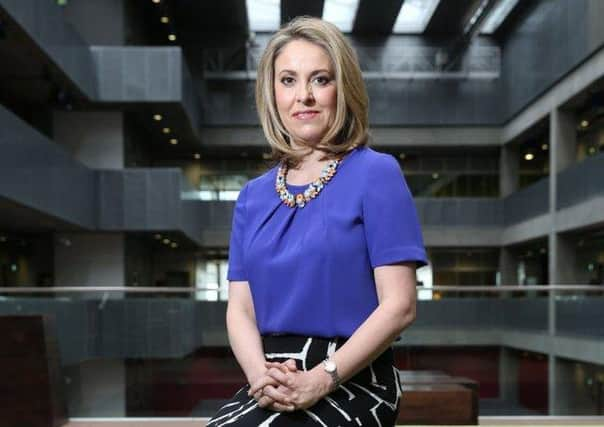Analysis: As independence debate heats up, should we worry about state of public debate?


But with the pandemic fading from the headlines, the central issue in Scottish politics can be expected to hog the limelight once again.
A constitutional clash is looming. The Scottish Government is preparing to push ahead with plans for a referendum and UK ministers are refusing to play ball.
Advertisement
Hide AdAdvertisement
Hide AdIt's not clear what it will take to break this stalemate. A court battle? A significant and sustained shift in public opinion? Another election?
At any rate, independence remains a live issue.
Major questions will have to be addressed in the coming months over thorny matters such as currency and the border between Scotland and England.
But as things heat up, we should also think long and hard about the nature of our political debate.
Sarah Smith, the BBC's former Scotland editor, hit the headlines last week with a disturbing account of the “deeply unpleasant” abuse she suffered while doing her job.
She spoke of her relief at leaving the “bile and hatred” behind to become the broadcaster’s North America editor, where she will be “gloriously anonymous”.
Her comments should worry everyone involved in Scottish politics. It is depressing and embarrassing that a prominent journalist feels this way.
Political division is hardly unique to Scotland, and relentless online abuse of those in the public eye – particularly women – is a global phenomenon.
But as Scotland exits the worst of pandemic and restarts its protracted constitutional wrangle, we have a responsibility to address this head on.
Advertisement
Hide AdAdvertisement
Hide AdThe media should be scrutinised and held to account, but journalists too often face a barrage of abuse for simply doing their jobs.
The same is true for politicians. And in both cases, women get it much worse.
Our politics is frequently binary. It lends itself to tribalism and the easily thrill of Us versus Them.
But we should be able to have a passionate debate about Scotland’s future without resorting to vile insults.
Whether or not a referendum takes places anytime soon, how we carry out this great national argument should concern us just as much as the issues themselves.
Comments
Want to join the conversation? Please or to comment on this article.
